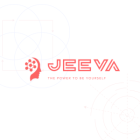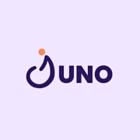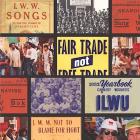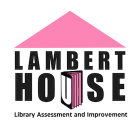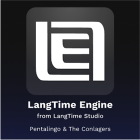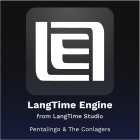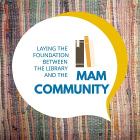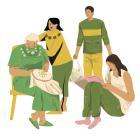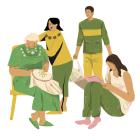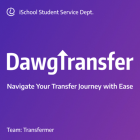
iSchool Student Services: Improving the Transfer Student Experience with DawgTransfer
Prospective transfer students often encounter obstacles when preparing to transfer to a four-year university. The process can be complex and difficult to navigate, resulting in a lower success rate and a higher risk of dropping out. Working with the University of Washington's student service department, we aimed to improve our support systems for transfer students and develop "Dawgtransfer". Dawgtransfer is a comprehensive platform featuring accessible and user-friendly tools that helps transfer students in Washington State navigate the transfer process more efficiently, while reducing workloads for academic advisors.

